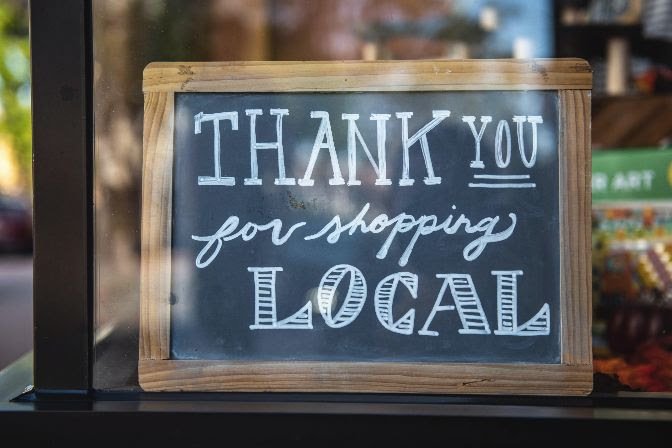Share
Author
Rachael Solem
Share
Senator Amy Klobuchar led a symposium recently on reining in the power of monopolies. This was organized by several different groups: The Access To Markets Coalition, Small Business Majority, Small Business Rising, American Economic Liberties Project, and the American Independent Business Alliance.
Here is the testimony I gave at this event, Access To Markets Symposium on October 5th.
For those In the hospitality/travel/services sector, the issues of monopolies are different from—or do not yet include—Amazon. However, Google plays a role in all of them.
Google’s business model includes revenues from key word searches. Key words are chosen by and paid by any entity wanting traffic to its site. These show up as ads, but the presentation is more subtle than it used to be. In addition, the big sites buy up other sites and create sites that include the names of small properties. So visitors seeking an individual hotel property, such as ours, Irving House at Harvard, or Irving House, will enter these key words and get results that include our name, and may even look like our site, but are not.
This does not serve the traveling public, or any public. If travelers planning a trip to Cambridge have already heard of Irving House, and wish to know more, or book a room, the best result is our site, where they can learn all about us and book a room with us.
Any other site will get them a third party with limited information about our room types, amenities and terms of booking. This third party site also controls communication between the property and the guest. So when the guest has a special request, or wants to change the room type or any details of the reservation, they must deal with the third party. Expedia in particular has terrible customer service.
Our guests and we experience both sides of this. We are sometimes blamed for Expedia’s poor service!
Because Google makes money from this stream, I don’t see how it would agree to changing it at all. But here are two suggestions:
–Proprietary names can only be used for paid results by the entity that owns the name or by an entity authorized by that entity to buy these words. This could be trademark secured, or domain secured.
–Placement of and identification of paid results should make it much more obvious to the searcher that these are ads, third parties, not the entity they are seeking.
Another issue is the sometimes-hidden side effects of these large platforms on communities.
1–With Amazon, it takes the form of delivery vans driven by contractors (not Amazon employees) that are under enormous pressure to deliver in increasingly short time frames. To meet these schedules, drivers often leave their vans parked in ways that block pedestrian or vehicular pathways. They do not get ticketed, or they ignore the tickets they get.
2—The packaging that is necessary with shipped items is handled by the communities where the residents receive goods. This increase in trash & recycling bulk is not often discussed, but is significant and not paid by Amazon in any way. Brick and mortar stores must pay to dispose of the shipping packaging of their items, and their customers often bring their own bags, or at least use less material in carrying items home than all the shipping material for sent items.
3—In the hospitality realm, the rise of AirBnB has had an enormous negative impact on the availability of residential units, as it has enabled ‘hosts’ to offer furnished apartments in the hotel marketplace. These units are not licensed, have no oversight of any kind. Their safety, security and cleanliness are all unknown, regulated only by users’ ratings.
4—In addition to removing housing from the marketplace, these units are not hosted in any real way. Those who stay in them often find themselves asking neighbors—true residents of an apartment building, or the next-door house—for help to dispose of trash, find a bus stop or bank, or any information a newcomer might need. While a hotel has staff to attend to these needs and answer these questions, residents come to resent having to play host to a stream of strangers in their own communities.
5—Local authorities (licensing, building department) are at a loss to address these issues. They cannot know whether alarm systems are operating, emergency egresses are clear, that the unit is kept free of vermin, anything at all.
6—Licensed properties charge and remit room occupancy tax to their localities and the state. Unlicensed properties do not.
7—Licensed properties commit to accommodating the traveling public. Unlicensed properties can refuse service to any guest with any bias they wish.
The public shopping for goods and services has become accustomed to these enormous platforms to get information and make purchases. On these sites, all offers seem equivalent in some way—apartment=hotel room, book=book regardless of how it arrives in your home. The costs of this convenience are hidden. So part of fixing the problem must include educating the public about the costs to themselves directly and to the communities they live in, or visit.
These monopolies are powerful enterprises which have shifted the habits of shoppers and hope to keep them addicted to their model of doing business.
Leveling the playing field must include a robust, national, even international, regulatory framework that protects the interests of consumers, communities and businesses. This must include regulations and a guiding of the public conversation that fully and accurately informs the public on ALL of the costs of these seeming convenient methods of search and purchase.
Respectfully submitted,
Rachael Solem



